
13 Feb 2007

The Red Elvis
A documentary on the late American entertainer Dean Reed, who became a huge star in East Germany after settling there in 1973.



13 Feb 2007

A documentary on the late American entertainer Dean Reed, who became a huge star in East Germany after settling there in 1973.
26 Oct 1951
No overview found


Initially embarking on an unplanned personal filmmaking project, Ilias Boukhemoucha finds himself drawn to the overlooked corners and marginalized communities within Canadian cities.

01 Sep 2007

A documentary that explores the myth behind the truth. Different people around the globe reinterpret the legend of Che Guevara at will: from the rebel living in Hong Kong fighting Chinese domination, to the German neonazi preaching revolution and the Castro-hating Cuban. Their testimonies prove that the Argentinian revolutionary's historical impact reverberates still. But like with all legends, each sees what he will, in often contradictory perspectives.

25 Jun 2004

Michael Moore's view on how the Bush administration allegedly used the tragic events on 9/11 to push forward its agenda for unjust wars in Afghanistan and Iraq.

01 Sep 1989

A documentary about the closure of General Motors' plant at Flint, Michigan, which resulted in the loss of 30,000 jobs. Details the attempts of filmmaker Michael Moore to get an interview with GM CEO Roger Smith.

18 Dec 1996

Documentary following dockers of Liverpool sacked in a labour dispute and their supporters’ group, Women of the Waterfront, as they receive support from around the world and seek solidarity at the TUC conference.

15 Oct 1983

The impact of Marx on the 20th century has been all-pervasive and world-wide. This program looks at the man, at the roots of his philosophy, at the causes and explanations of his philosophical development, and at its most direct outcome: the failed Soviet Union.
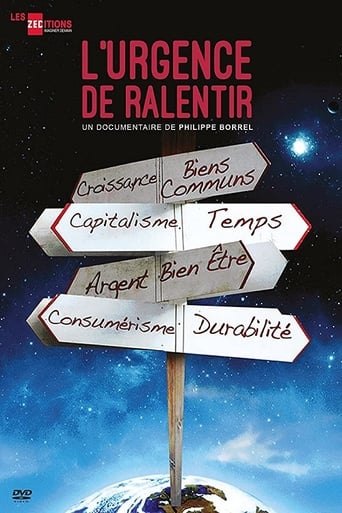
02 Sep 2014

No overview found
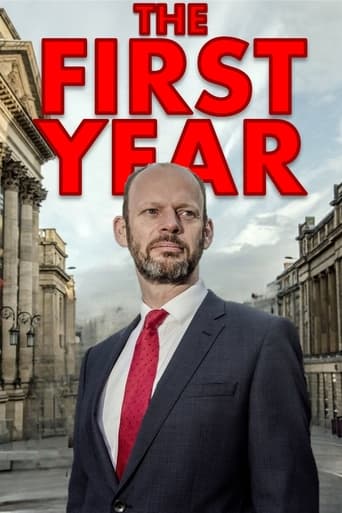
18 Nov 2021

The First Year tells the inside story of Jamie Driscoll’s first 12 months as the new North of Tyne Mayor.

12 Sep 2009

From the acclaimed director of American Movie, the documentary follows former Los Angeles police officer turned independent reporter Michael Ruppert. He recounts his career as a radical thinker and spells out his apocalyptic vision of the future, spanning the crises in economics, energy, environment and more.
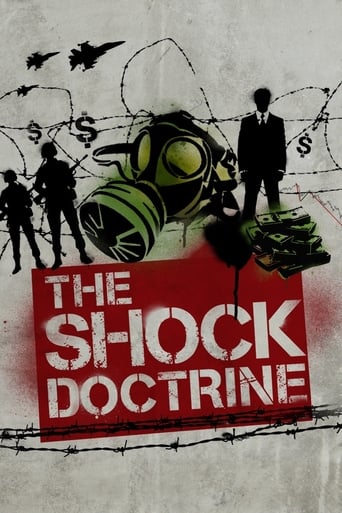
01 Sep 2009

An investigation of "disaster capitalism", based on Naomi Klein's proposition that neo-liberal capitalism feeds on natural disasters, war and terror to establish its dominance.
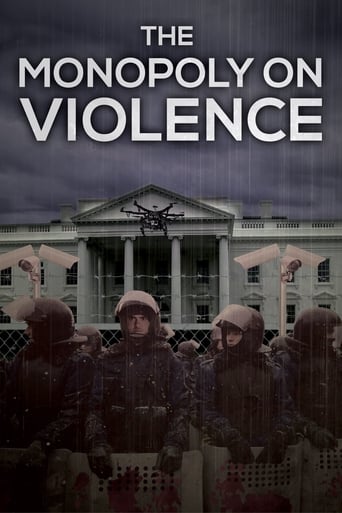
31 May 2020

This is a story of the violence and coercion that underlies our modern societies. Most of the time, our interactions are peaceful and consensual, but there is a large notable exception. The state maintains its power and ability to create law by the constant threat of force. It prohibits competition to its authority, and in this sense, represents a monopoly.
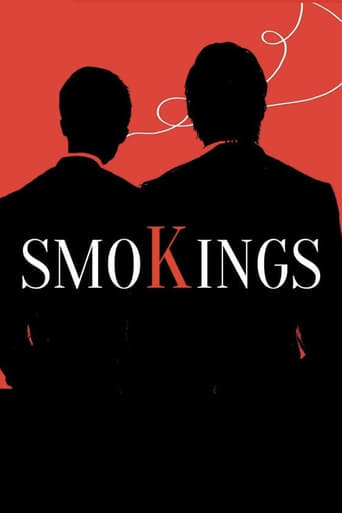
18 Oct 2014

The Messina brothers are Yesmoke, a little tobacco company based in modern day Turin, Italy. Originally, Yesmoke was an online store for cigarettes selling its products all over the world. Every day millions of people would buy cheap packets of Marlboro, Camels and Lucky Strikes online. When sales reached over one hundred million, "Big Tobacco" started to fight the "Little Guys" and sued them for 550 Million dollars, obligating them to shut their website down.

27 Jun 2024

In the town of Xoco, the spirit of an old villager awakens in search of its lost home. Along its journey, the ghost discovers that the town still celebrates its most important festivities, but also learns that the construction of a new commercial complex called Mítikah will threaten the existence of both the traditions and the town itself.
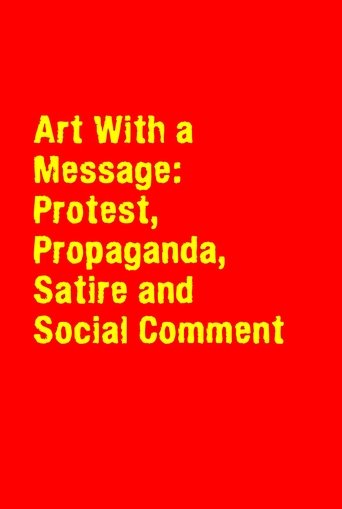
01 Jan 1988

This program investigates the ways various art forms are used to sway minds and to argue political causes. Examples include Napoleon and Hitler; artist such as Daumier, Hogarth and Shann; writers Dickens, Swift and Orwell; and pop artists who mock popular ideals.
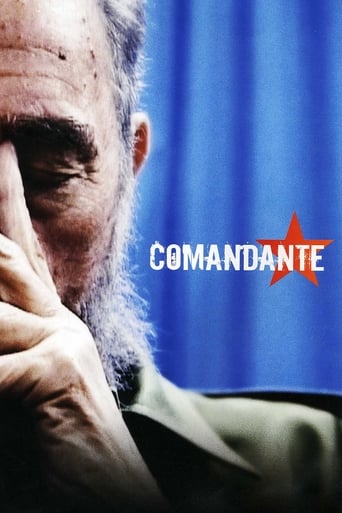
14 Feb 2003

Oliver Stone spends three days filming with Fidel Castro in Cuba, discussing an array of subjects with the president such as his rise to power, fellow revolutionary Che Guevara, the Cuban Missile crisis, and the present state of the country.
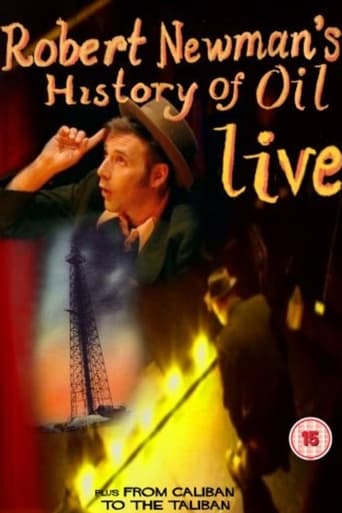
02 Oct 2006

Stand-up comedian Robert Newman gets to grips with the wars and politics of the last hundred years, from WWI through to the 2003 invasion of Iraq; but rather than adhering to the history we were fed at school, this show places oil centre stage as the cause of all commotion. This innovative history programme is based around Robert Newman's stand-up act and supported by resourceful archive sequences and stills with satirical impersonations of historical figures from Mayan priests to Archduke Ferdinand.
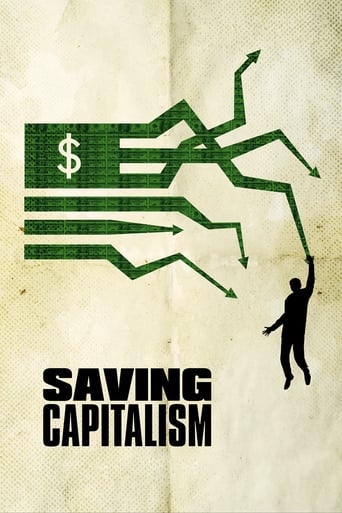
25 Aug 2017

Former Secretary of Labor Robert Reich meets with Americans from all walks of life as he chronicles a seismic shift in the nation's economy.

22 Apr 2005

A documentary about the Enron corporation, its faulty and corrupt business practices, and how they led to its fall.